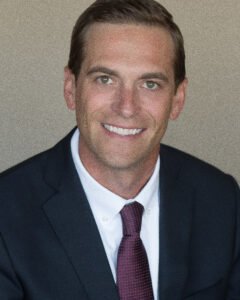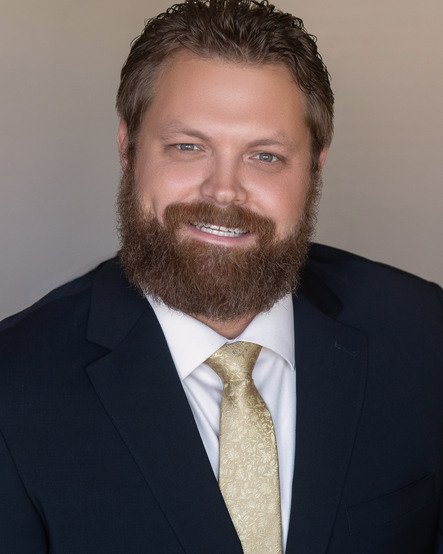
By Brian Halverson, President
In a world where headlines bombard you from every angle, it is easy to feel overwhelmed. From multiple ongoing overseas conflicts, the federal deficit increasing, to inflation and interest rates, there is no shortage of complex issues vying for our attention. Not to mention it is an election year, which always adds an extra layer of complexity.
At Heartland Trust, we understand the importance of cutting through the noise. We diligently sift through the headlines and focus on the key metrics that truly matter. We do this so we can make solid recommendations to those who have entrusted us. Our Investment Committee, led by Dustin Sobolik, is constantly monitoring, stress-testing, and evaluating our investment strategies to meet the specific needs of our clients.
To complement our investment models, I wanted to highlight a few strategies we have been implementing.
- Asset Location: This is great for clients with a Traditional IRA and a Roth IRA and/or after-tax investment account.
- Direct Indexing: Using this solution helps us take advantage of capital losses to offset capital gains in an after-tax investment account.
- Private Investments: We have been able to partner with leading alternative investment companies to offer investments in different private asset classes, such as real estate, equity, and infrastructure. Dustin sheds light in this quarter’s newsletter on private infrastructure and the opportunity it can provide over the next few years.
Trust companies are not typically known for thinking outside the box when it comes to investing, but you may be surprised at what goes on behind the scenes here at Heartland Trust Company. If you’d like to learn more about these strategies or how we think about investing, feel free to reach out and talk to one of our professionals. We’d be happy to sit down and have a conversation with you.



 Shara Fischer, Wealth Management Officer
Shara Fischer, Wealth Management Officer By Jana Samek, Relationship Manager – Qualified Plans
By Jana Samek, Relationship Manager – Qualified Plans
 Every six years the Internal Revenue Service (IRS) requires certain qualified retirement plans to be fully amended and restated to comply with law changes. The Cycle 3 Defined Contribution (DC) Plan Restatement period began on August 1, 2020, and plan sponsors of defined contributions plans (401(k), profit-sharing, and money purchase pension plans) will have until July 31, 2022, to comply. Plans that do not restate their plan document by this date will be subject to IRS-imposed penalties, which, in extreme cases, could jeopardize the plan’s tax-qualified status.
Every six years the Internal Revenue Service (IRS) requires certain qualified retirement plans to be fully amended and restated to comply with law changes. The Cycle 3 Defined Contribution (DC) Plan Restatement period began on August 1, 2020, and plan sponsors of defined contributions plans (401(k), profit-sharing, and money purchase pension plans) will have until July 31, 2022, to comply. Plans that do not restate their plan document by this date will be subject to IRS-imposed penalties, which, in extreme cases, could jeopardize the plan’s tax-qualified status. The Internal Revenue Service (IRS) has set inflation-adjusted limits for IRAs and company-sponsored retirement plans for 2021. While some of the contribution limits have remained the same, other limits important to determining the amount you can save have changed.
The Internal Revenue Service (IRS) has set inflation-adjusted limits for IRAs and company-sponsored retirement plans for 2021. While some of the contribution limits have remained the same, other limits important to determining the amount you can save have changed. Here at Heartland Trust Company, we are proud of the great reputation we have built in the community over the last 30 years. We know that if we do business the right way, we will be here for a long time. Our mission statement says it all: “We provide a lifelong commitment to the well-being of those we serve.”
Here at Heartland Trust Company, we are proud of the great reputation we have built in the community over the last 30 years. We know that if we do business the right way, we will be here for a long time. Our mission statement says it all: “We provide a lifelong commitment to the well-being of those we serve.”